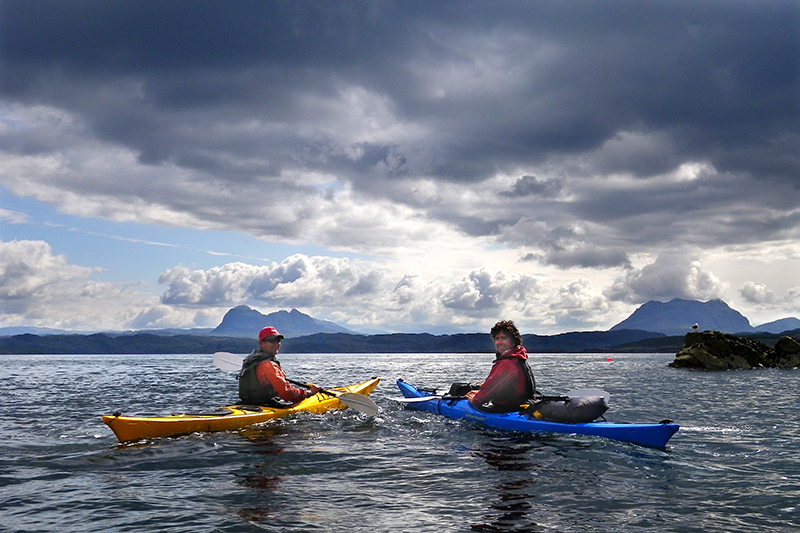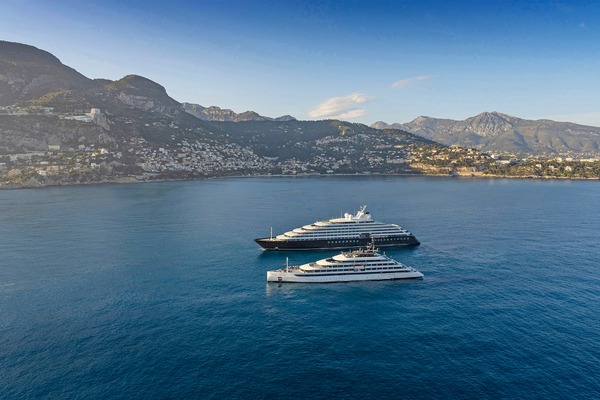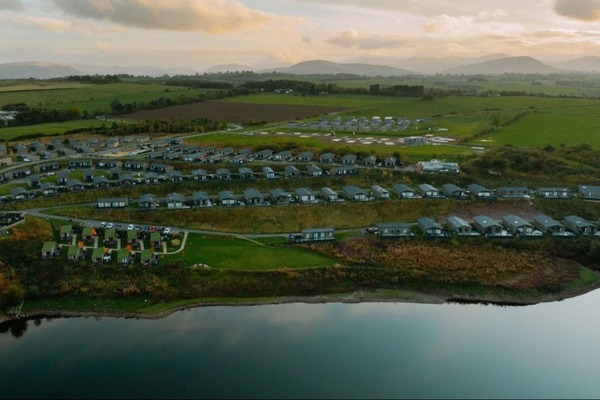How Wilderness Scotland creates immersive yet responsible adventures
Wilderness Scotland’s responsible tours merge remote locations with adventurous activities. Abra Dunsby speaks to the company’s head of marketing Ben Thorburn
Wilderness Scotland’s small group tours explore Scotland’s most rugged and remote landscapes, and have been created with the adventurer in mind.
“Our aim is to run incredible experiential tours, and this boils down to our trip design and looking at locations differently,” explains the company’s head of marketing, Ben Thorburn.
The tours chiefly explore the Highlands and the Scottish islands, with clients embarking on activities such as hiking, canoeing or sea kayaking, and allowing them to get up close to the action.
“We visit areas with low population density – we’re right out in the wild, with lots of wildlife and not many people,” says Thorburn.
Expert guides further enhance the experience for clients, explaining the history of the landscape:
“They interpret what clients are seeing, rather than just passing through. There’s an element of storytelling with our guides; about the geology and how it links with ancient Scotland, and exploring links to the modern day.”
Respecting landscapes
Since its inception, the company has taken its commitment to sustainable tourism seriously, and has held a Gold Award from the Green Tourism Business Scheme since 2006.
Its Conservation Contribution Scheme takes a voluntary contribution of £10 per customer and donates it to charities such as the John Muir Trust, which looks after Scotland’s wild places. The partnership is currently focused on maintaining and preserving the footpaths on the Isle of Skye, an area that needs upkeep due to its popularity with tourists.
Wilderness Scotland also works with Trees for Life to fund tree planting in the Caledonian Forest, while another project is looking to help eradicate sea plastics by investing in a sea bin.
“We’re trying to be part of the solution to clean up the seas and educate people,” says Thorburn.
The sustainable outlook continues for clients on the tours: they are given aluminium bottles or multi-use plastic flasks to fight against single-use plastics, and food on trips is sustainably sourced as much as possible.
All members of staff at Wilderness Scotland are also “leave-no-trace accredited”, Thorburn explains. “For example, if a guide is lighting a fire at a campsite, they’ll reinstate the ground to leave no visible marks. We’ll also pick up litter if we see it on tours and take it away with us.”
Education emphasis
Engaging with the trade – which accounts for 50% of Wilderness Scotland’s business – is important in reinforcing the company’s responsible outlook, says Thorburn.
“Sustainability is one of our key differentiators as a company. We want to educate agents as much as ourselves about getting the message out to the customer and helping them to make the right choice,” he says.
For agents, who are offered 15% commission for bookings, webinars and sales training are also available on request.
Despite what Thorburn dubs the “headwinds of Brexit” and life post-credit crunch, business is on the up for Wilderness Scotland, and he anticipates more growth as sustainability becomes an increasing concern to travellers.
“As the next generation comes through, our eyes and ears are turning towards looking after the places we visit, and live in, for the longer term,” he muses.
He hopes that as the change in outlook continues, green travel will no longer be a niche market:
“People still think of their pocket first rather than taking a broader worldview, and it’s a bonus if the company is green. In the future, hopefully it will trend towards becoming the norm, and clients will think of the impact first.”
In the meantime, Wilderness Scotland’s tours will continue to appeal to clients seeking enriching, authentic experiences, as well as to those with a responsible travel mindset.















